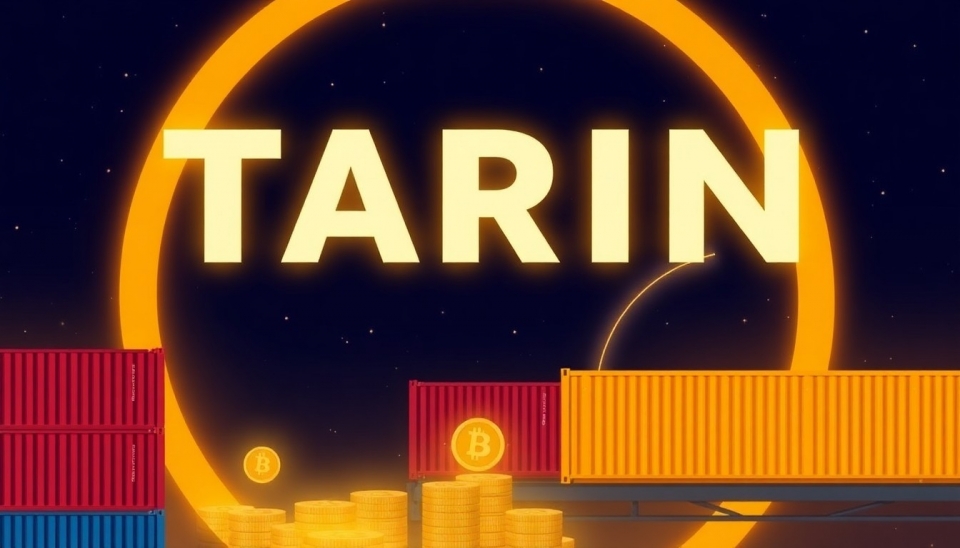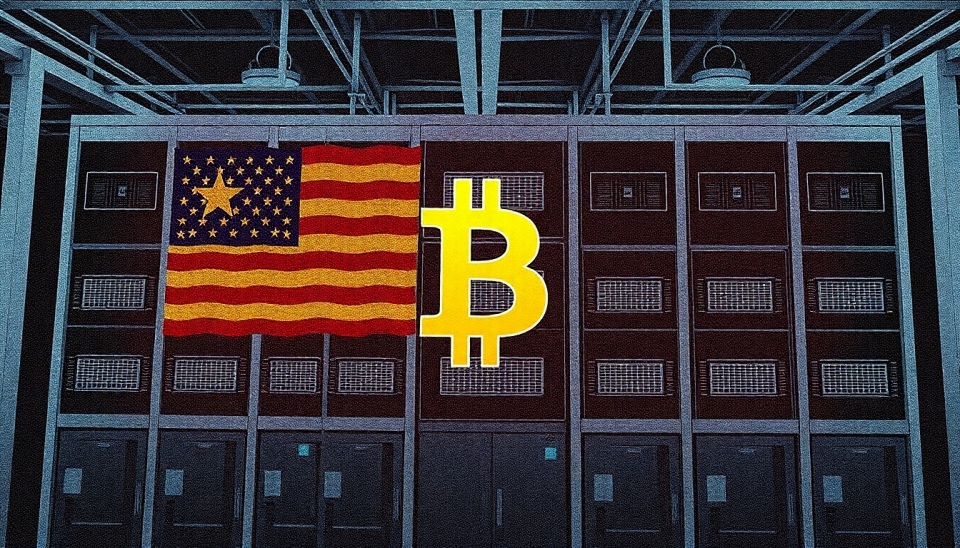
The cryptocurrency industry is bracing for significant upheaval as new tariffs threaten to disrupt the delicate ecosystem of Bitcoin mining. With mounting political tensions and global trade issues, miners could face crippling costs that might alter the trajectory of Bitcoin operations across the world.
Recently proposed tariffs on a range of imported machinery essential for Bitcoin mining operations have sparked alarm among industry stakeholders. These tariffs come at a time when Bitcoin miners are already grappling with fluctuating energy prices and an evolving regulatory landscape. As countries increasingly scrutinize cryptocurrency operations, the implications of these tariffs are causing concern about the viability of mining in some regions.
Many mining companies rely heavily on imported hardware from nations that are now facing potential tariffs, such as China. The proposed tariffs could see a surge in operational costs, which may lead to a drastic decline in profitability for Bitcoin miners. This is particularly poignant given that mining profitability has been on a downward trend due to increased competition and rising electricity costs.
Moreover, the tariffs could stifle innovation in the mining sector as companies might find it financially prohibitive to upgrade their equipment. The prospect of reduced investment in mining technologies could ultimately deteriorate the efficiency and effectiveness of mining operations, triggering a cascading effect throughout the supply chain.
Miners are now scrambling to find ways to mitigate these impending costs, including exploring alternative hardware suppliers who may not be subjected to the same tariffs. However, this diverts their attention from more critical areas of operation, such as improving their carbon footprint and enhancing the sustainability of their practices.
In a broader context, the turbulence in the Bitcoin mining supply chain may have far-reaching implications on the overall cryptocurrency market. Analysts warn that if the mining sector struggles significantly, this could lead to decreased Bitcoin production. As Bitcoin's supply diminishes, the market could react adversely, potentially driving the cryptocurrency's price volatility even higher.
Experts posit that the financial strain induced by such tariffs might push many smaller miners out of business, consolidating the industry into the hands of larger corporate entities with deeper pockets. This could fundamentally change the decentralized ethos that Bitcoin was built upon, leading to increased centralization in mining operations and greater susceptibility to regulatory pressures.
As the situation develops, industry players are calling for immediate dialogue with policymakers to seek relief from these tariffs. The hope is that a collaborative approach can foster a regulatory environment that supports the free growth of Bitcoin mining while cautiously considering economic concerns.
In response to these challenges, miners are diversifying their operations and seeking opportunities in regions with lower energy costs and more favorable regulatory frameworks. The drive towards decentralization remains essential, but the looming threat of tariffs is forcing miners to reconsider their strategies in a rapidly changing landscape.
The outcome of the tariff discussions will be pivotal not only for the future of Bitcoin mining but also for the health of the cryptocurrency market as a whole. Stakeholders will be watching closely as the situation unfolds, hoping for regulations that support the burgeoning technology rather than hinder it.
As the world of cryptocurrency continues to navigate these turbulent waters, the resilience and adaptability of Bitcoin miners will be tested like never before.
#BitcoinMining #Tariffs #Cryptocurrency #Blockchain #SupplyChain #FinancialImpact #MiningIndustry #CryptoNews
Author: Liam Carter



